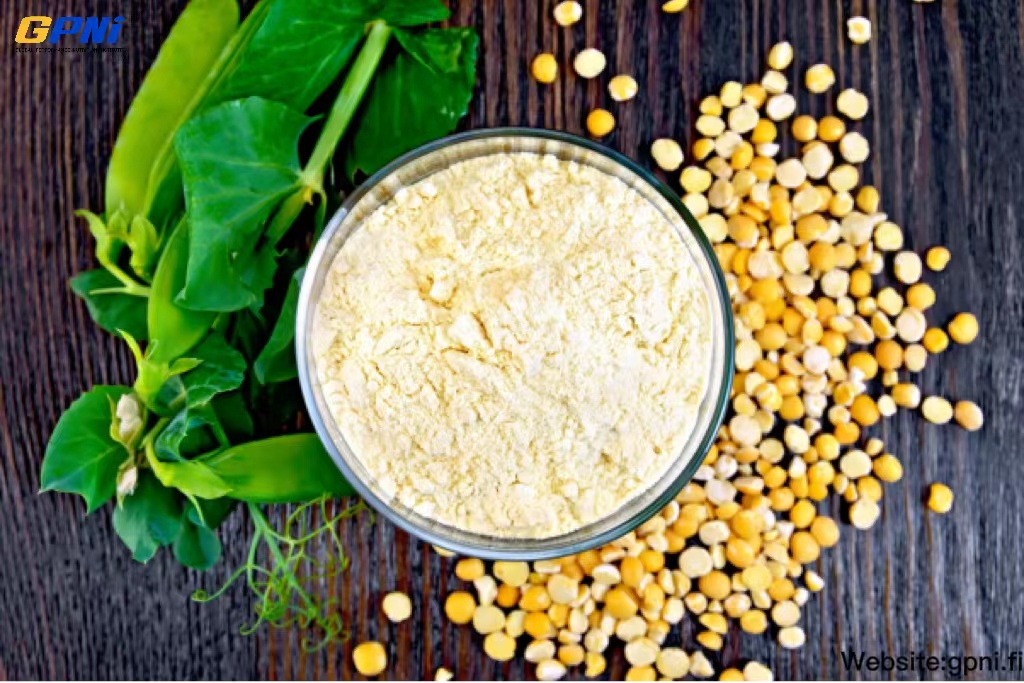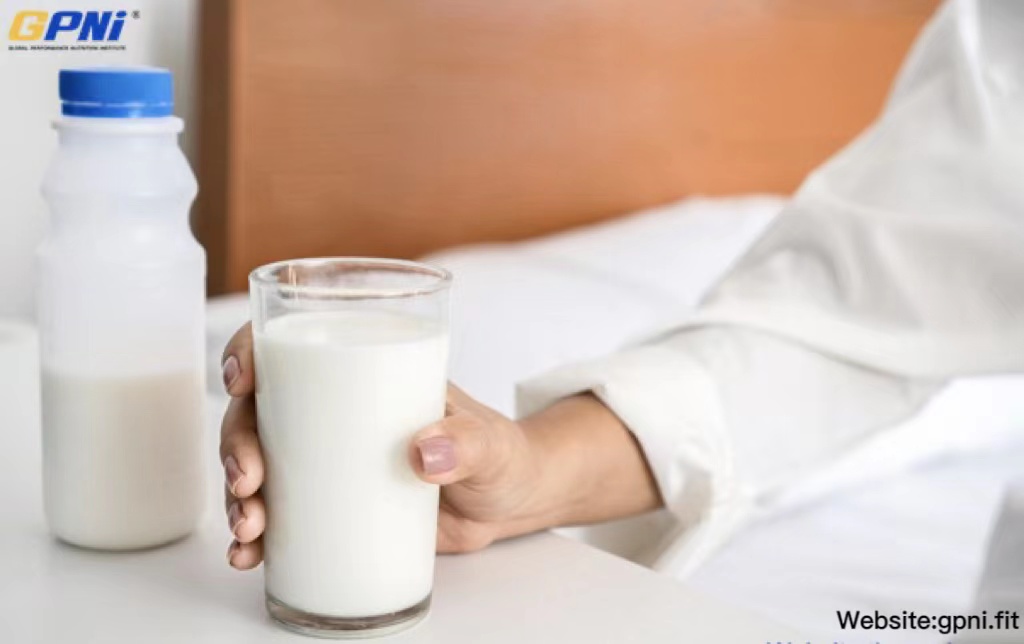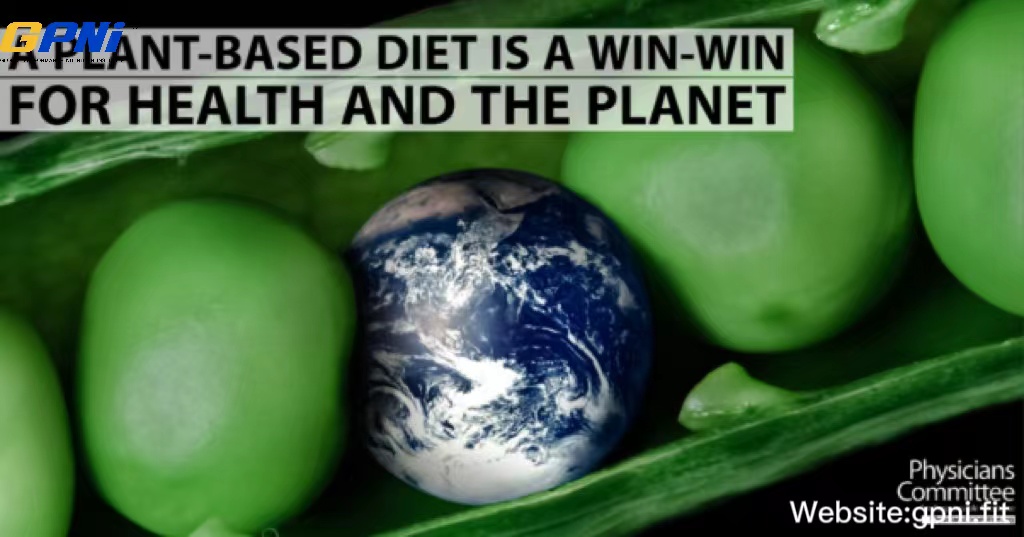
With the plant-based protein boom going on worldwide, building a sustainable planet is the prime mover. Whether it is healthier for humans to develop a plant-based lifestyle may still be proven; however, it is challenging to argue there is no climate change. Now with constant fires in California in 2021 and the devastating fires in Australia in early 2020. The destruction of the Amazon Forest in South America and the Great Barrier Reef in Australia is traumatic enough to bring a tear to your eye. Although some studies show that plant-based over meat or dairy is better for the environment, how accurate are these studies?

01 Soy Protein
Soy protein, for example, does a great deal of damage to the Amazon and is one of the significant causes of deforestation globally. Industrial soybean crops need large amounts of acid-neutralizing lime, as well as synthetic fertilizers, pesticides,
and herbicides, all of which are creating an environmental hazard. Toxic chemicals from soy production contaminatethe forest, poison rivers, destroys wildlife. Soy also takes out almost all the good earthly minerals from the soil, leaving dead and toxic earth in its wake. Soy is also an allergen that some parts of the population are allergic to, so not necessarily the healthiest choice.
Read more here:
Why is soy bad for the Amazon rainforest? https://rainforests.mongabay.com/kids/elementary/soy.html
Why soy is bad for you and the planet? https://www.smallfootprintfamily.com/why-soy-is-bad-for-you-and-the-planet
02 Pea Protein
Unlike soy protein, pea protein is much more sustainable to grow, needs far less water and chemicals, and is not an allergen. So the growing of Pea Protein may be sustainable; however, what about the protein extraction method? The unique yellow pea can only be used for protein extraction due to its protein concentration and is exclusively grown in Canada and Europe. It is then sent to China and other markets for processing and extracting – and then back again to Western markets for formulating – which means excessive transporting and therefore has a significant carbon footprint.

Unlike soy protein, pea protein is much more sustainable to grow, needs far less water and chemicals, and is not an allergen.
Pea protein is a complete protein and said to be a higher quality protein for human health than soy protein; however, due to the heavy extraction process involved to make protein, the wastage and excessive transporting may not be an excellent form for building a sustainable planet.
Read more here:
Some further reading on the subject of Pea Protein you can read below:
03 Oat Milk & Oat Protein
Firstly Oat Milk is not a “complete protein source.” Although many don’t read the labels and often buy what is “hot” and popular because they saw it on “Oprah”, Oat Milk has very little nutritional value and substantial protein, nor is it considered a “complete protein” food. Oats do show to have been more beneficial to the environment compared to the likes of Pea and Soy. It is not a complete protein; it should not be relied on as your source if you are an exclusively plant-based consumer. Oat-milk has some good nutrition, but the amounts are very small comparing to other sources of protein, and therefore largely insignificant.

Read more here:
Some further reading on the subject of Pea Protein you can read below:
https://www.bbc.com/news/science-environment-46654042
https://www.businessinsider.com/opinion-why-oat-milk-is-better-than-other-milks-2020-3
What Does This All Mean?
So how can these two most popular forms of plant-based protein be good for the environment? If you look at Beyond Meat and every single plant-based protein or food company in the world they almost all exclusively used a combination of Soy and Pea, or Soy alone. So how can they claim to be a sustainable company? More often than not, marketers use statistics subjectively to suit their own agenda and care very little for the truth. Depending on what statistics you read from which marketer, the argument is made that soy is better than meat or dairy, whether that is true or not is still up for some debate, however promoting soy to be a sustainable source and a cure of the environment is possibly not factual either.

So is there plant-based protein quality protein that is good for health and the environment? What about Hemp Protein that almost always overlooked or not included in comparison charts and marketing reports? Why is nobody talking about it? What do others things about Hemp’s protein value, also its sustainability value? I welcome others’ feedback and ideas and feel free to leave a comment or send us an email.







